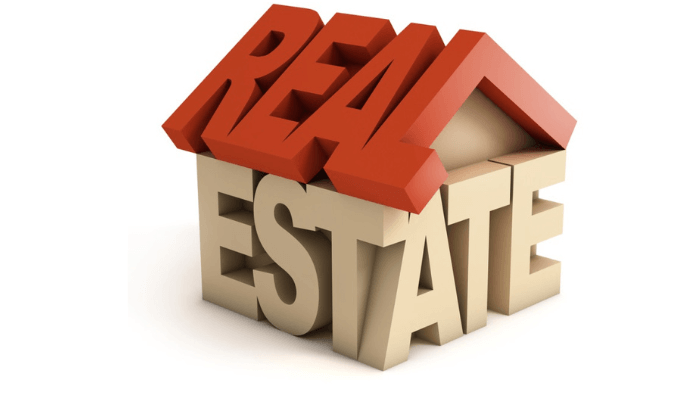From September 9 to 12, 2025, Lagos will become the epicenter of Africa’s property dialogue as it hosts the 24th Annual Conference of the African Real Estate Society (AFRES). The four-day gathering is expected to bring together policymakers, investors, academics, and industry leaders under the theme “Shaping the Future of African Real Estate Markets: Exploring Opportunities.”
AFRES President Adekunle Awolaja described Africa as “the only continent that is still green,” stressing the untapped opportunities in land, resources, and innovation. He explained that the Lagos meeting will provide a platform to explore how technology, policy, and capital can be harnessed to drive sustainable growth across the sector.
This marks the third time Nigeria will host the continental event, following previous editions in 2009 and 2018. AFRES has also expanded its West African chapter to include Francophone countries, increasing membership to 26 nations, with a long-term vision of covering all 55 African states.
The conference will feature keynote sessions, panel discussions, and networking events focused on critical issues such as PropTech, sustainable development, financing, and policy reforms. Yemi Olatunji, a U.S.-based artificial intelligence and cybersecurity specialist, is scheduled to deliver a keynote on how emerging technologies are reshaping the property industry. Other high-profile speakers include Ahmed Dangiwa, Nigeria’s Minister of Housing and Urban Development, and Ola Olukoyede, chairman of the Economic and Financial Crimes Commission (EFCC).
Adediran Adetunji, AFRES Nigeria chair and conference chairman, noted that Nigeria’s real estate market stands at a turning point. “Funds don’t need passports or visas. They flow where there is an enabling environment,” he said, adding that deliberate government investments in infrastructure are positioning the country to attract new capital. He estimated the event could inject as much as $5 million into the local economy through travel, hospitality, and related spending, alongside potential investment deals.
Beyond investment, the Lagos edition will spotlight pressing challenges, including illicit financial flows in sub-Saharan Africa, inflation’s impact on housing markets, and Nigeria’s efforts to revamp its mortgage system with single-digit loan schemes aimed at reducing the housing deficit.
Registration fees are set at $300 for international delegates and ₦350,000 for local participants, covering all sessions, networking events, and a gala dinner.
Awolaja encouraged wide participation, emphasizing the opportunity for Nigeria to showcase its strengths. “From September 9 to 12, the global real estate community will be in Lagos. This is our chance to reshape perceptions and demonstrate the scale of opportunities our market offers.”

